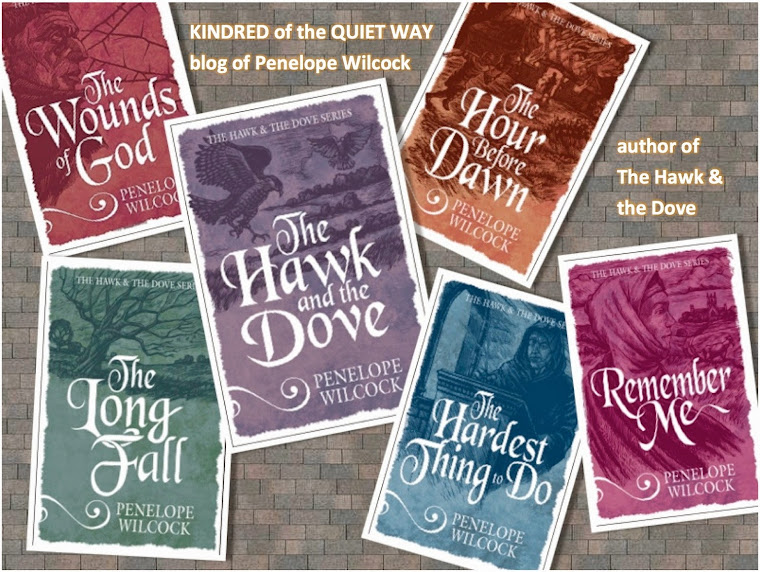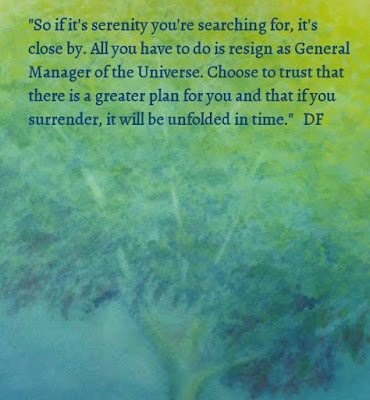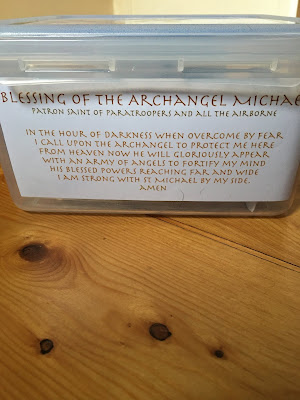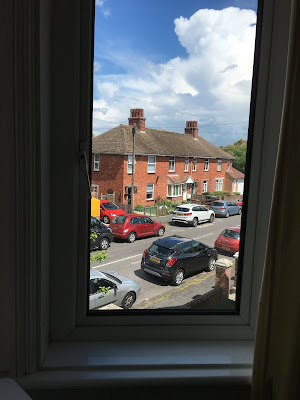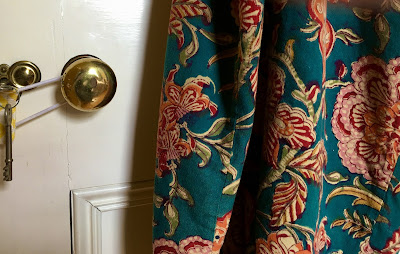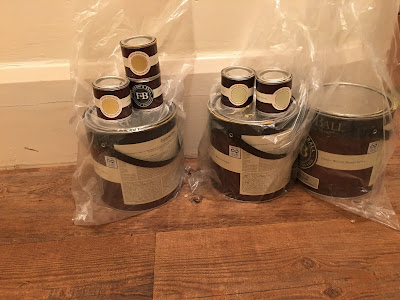The people who live out of one bag interest me. Personally, I have a lot more things than that, and I also gather and disperse belongings (trying this, trying that) quite a bit. In all honesty, I can't even really tell how many things I have, because the boundaries between my life and the rest of my household are somewhat blurred. There are brooms and baskets, pots and pans and plastic kitchen storage boxes, knives and forks and bowls and spoons, that I bought but everyone uses — I would no longer feel sure if they are exactly mine to dispose of or not. There are things we have and I no longer remember who paid for them, or who spoke for them when they were given.
A characteristic of the one-bag people is (usually) solitude. They travel light and travel alone.
Here's Leo Widrich talking about living with one bag of possessions. In the article he mentions moving into an apartment and temporarily acquiring what he needs to equip it. It interests me that he views the situation as essentially temporary, and therefore sees the furnishings he's gathered as something that will flow in and flow out.
There's a spiritual component to this, it's a perspective that helps us live with equanimity in a world where everything changes. Inherent to human life is the loss of everything — we grow old, we are bereaved, our children grow up and leave home, our teeth and hair fall out and our muscles and memories atrophy. We slow down, we get tired, we can no longer be bothered. And in the society around us, things ebb and flow — entire civilisations rise and fall, there are fashions in education and social organisation, people rise up to fight and then patiently start the rebuilding of peace in the rubble of the devastation they've created. People on podiums declare their point of view with passion, and are resisted and imprisoned by the grim restriction of authority, and so it goes, round and round, on and on, and we have to find our place in it all — somehow without becoming cynical, without losing hope, staying soft, holding on to wonder and kindness, remembering to listen to the robin sing, and touch the petal of a summer rose. The art of allowing things to come and go protects us from becoming sclerotic. We have to stay as soft as the gut — that takes in and shits out, that lives in constant peristaltic waves, allowing what nourishes us to pass through and leave when it no longer serves us. There are few health conditions more toxic than constipation — "problems arise when things accumulate"! I'm conscious of the need, now, while I still have the energy and feel inclined, to prune things out and move things on, not allow accumulation even if I still practice acquisition. Enjoy things, but let them go. I have seen so many old people sit helplessly gazing at their shoals of accumulated . . . stuff . . . having lost the elasticity to push it out. People who need a soul laxative, a life enema.
And Leo Widrich says:
“In order to see things clearly in life, and observe reality as it truly happens, owning less stuff is a super valuable step. Of course, I’d never claim to be at a place where I can truly do that—see things as they are, without attachment or judgement—but I have an intuition that owning less things sets me on the right track towards that.”
I think I can learn from him.
Today, I'm saying goodbye to a book by Richard Ayoade.
I gave it as a Christmas gift to someone who read it, enjoyed it, and put it out for the charity shop. I pulled it out of the box, thinking I'd like to read it myself. But though I dipped into it — and he's a good writer, and very funny — somehow it wasn't what I was searching for, if you know what I mean.
And this USB jack plug. Because I have as many as I need without it.
